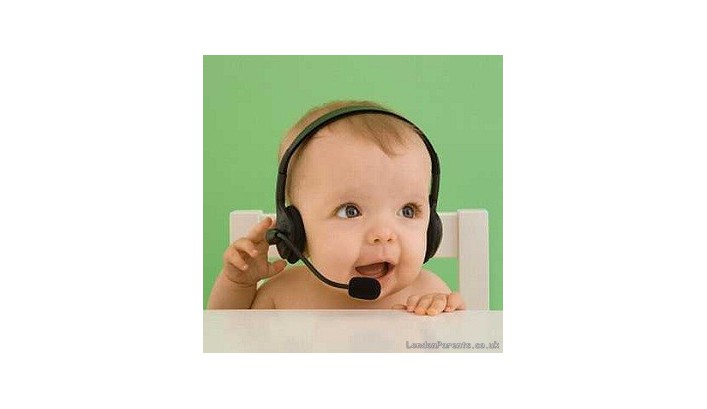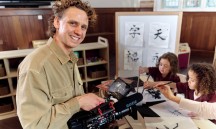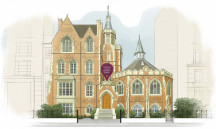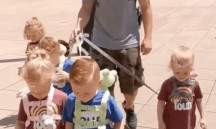Article Categories
News
-
20 July
-
04 November
-
10 July
-
12 June
-
05 June
-
24 September
-
19 September
-
10 May
-
26 April
Website Categories

During his first year
The first "baby talk" is nonverbal and happens soon after birth. Your
baby smiles, grimaces, cries, and squirms to express a range of emotions
and physical needs, from fear and hunger to frustration and sensory
overload. He is learning about voices by listening to yours. The coos and gurgles
that emerge are his first attempts at
imitating the sounds you make.
From around three months, your baby may start to babble to himself and make sounds back when you talk to him. He may begin to recognise his name, and even respond when you say it from across the room.
From around six months, you may notice your baby favouring certain sounds, such as "ba" or "ma", as these are easier to pronounce. He may repeat them over and over because he likes the way they sound.
12 to 17 months
From around his first birthday, your toddler may begin to use one or more words and know what they mean.
By around 15 months, your toddler will probably raise his voice at the end of a question. He may make hand gestures to emphasise what he's saying, such as pointing and waving.
Your toddler may be able to understand and follow simple or routine instructions, such as "Pick up your toy" or "Come to the table".
18 to 24 months
By 18 months your tot may use between six and 20 simple words. By two, your toddler may be using 50 or more single words.
He may be able to put two words together, making basic sentences such as "Carry me". When you sing a nursery rhyme, he'll attempt to sing along with you. So if you sing "twinkle twinkle little..." and pause, your toddler may add in "star."
He will chatter to himself as he plays. Enjoy listening to your toddler as he creates his own little world. It doesn't matter if what he says doesn't make sense. The rhythm will sound like real speech.
Pronouns such as 'I','she', and 'it' may confuse your toddler. These labels for things and people are a little too abstract for him just yet. You may catch his avoiding pronouns, saying "Baby throw" instead of "I throw". There's no need to worry if your toddler's speech doesn't sound clear yet. Every toddler learns different sounds at different stages.
25 to 36 months
Your excitable toddler may struggle not to shout when he's expressing himself. He doesn't yet understand how he can change his voice to find the right volume when talking.
Your toddler will start to get the hang of pronouns, such as 'I', 'me', and 'you'. He will also be using the word "no" a lot. This is his way of asserting his independence from you!
Between the ages of two and three, your toddler's vocabulary will increase to about 300 words. He will string naming words and action words together to form complete, though simple, sentences such as "I go now".
Your toddler may ask you simple questions, such as "What?", "Where?" and "Who?" a lot. Get ready to be patient as your curious toddler wants to know the answer to everything!
By the time he turns three, your toddler will be able to have a simple conversation with you about what's he doing now or something he's done in the recent past.
But don't be surprised if your toddler gets the tense wrong when he's telling you about something that's happened. For example, he may tell you that he "swimmed", when he means that she "swam" . Try not to tell your toddler that he got the word wrong. Instead, answer him with the correct tense. So tell him, "yes, we swam yesterday."
By now your toddler may be able to tell you his full name and gender, and perhaps even his age.
Related articles
- Odyssey will open its first UK campus in Marylebone, London, April 2025 - - The award-winning global preschool for children 0-5 ...
Read moreEPIC GLOBAL PRESCHOOL, ODYSSEY, COMING T...
Londonnews554XXXAn award-winning preschool offering from Asia is to open its first campus in London, bringing a new global ‘limitless learning’...
Read moreParenting is no easy task, and for Jordan and Briana Driskell, raising their quintuplets—Zoey, Dakota, Hollyn, Asher, and Gavin&mdash...
Read more0 comments
No messages yet




